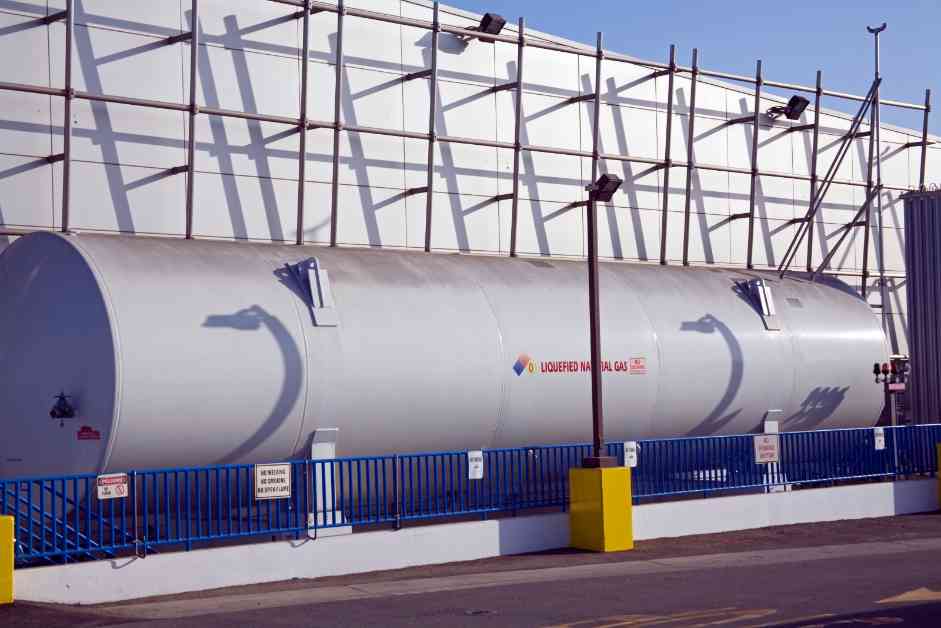The Biden administration has released a long-awaited analysis on the economic and environmental effects of liquefied natural gas (LNG) exports, warning that any further expansion could lead to increased costs for domestic consumers and hinder efforts to combat the climate crisis. This analysis, which paused the Department of Energy’s approvals of fossil gas exports in January, has sparked a heated debate among various stakeholders.
Environmental and Economic Impact:
The Energy Department’s analysis revealed that rising LNG exports could significantly elevate greenhouse gas emissions and result in price hikes for U.S. energy consumers. Energy Secretary Jennifer Granholm emphasized that a business-as-usual approach to LNG export permits is neither sustainable nor advisable, underscoring the need for caution in granting new permits. Environmental groups, including the Union of Concerned Scientists, have welcomed the analysis as a critical step towards protecting the economy, climate, and environment.
Public Interest vs. Industry Concerns:
While the oil and gas industry is pushing for the expansion of LNG exports to capitalize on record profits, critics argue that such actions are not in the public interest. Organizations like Earthjustice and the Center for Biological Diversity’s Climate Law Institute contend that LNG exports primarily benefit gas executives at the expense of consumers and the environment. The public health implications of LNG exports, including toxic chemical emissions and air pollution, further highlight the need for a comprehensive reevaluation of the industry’s practices.
Call for Action and Reassessment:
Physicians for Social Responsibility Pennsylvania and Public Citizen’s Energy Program have joined the chorus of voices calling for a reassessment of existing LNG export terminals and a denial of pending applications. The potential health risks, environmental consequences, and economic burdens associated with LNG exports necessitate a thorough examination of their compatibility with the public interest.
In the face of mounting pressure from environmental advocates, policymakers, and the public, the Biden administration’s decision on LNG exports will have far-reaching implications for the country’s energy landscape and climate future. As debates continue to unfold, the need for a balanced approach that prioritizes sustainability, public health, and economic well-being remains paramount.
As the conversation around LNG exports evolves, it becomes increasingly clear that the choices made today will shape the trajectory of the energy sector for generations to come. The delicate balance between economic interests, environmental concerns, and public health considerations underscores the complexity of navigating the transition towards a more sustainable and equitable energy future. In a world grappling with the urgent realities of climate change, the decisions we make now will reverberate far beyond our own lifetimes, impacting the planet and its inhabitants for years to come.














